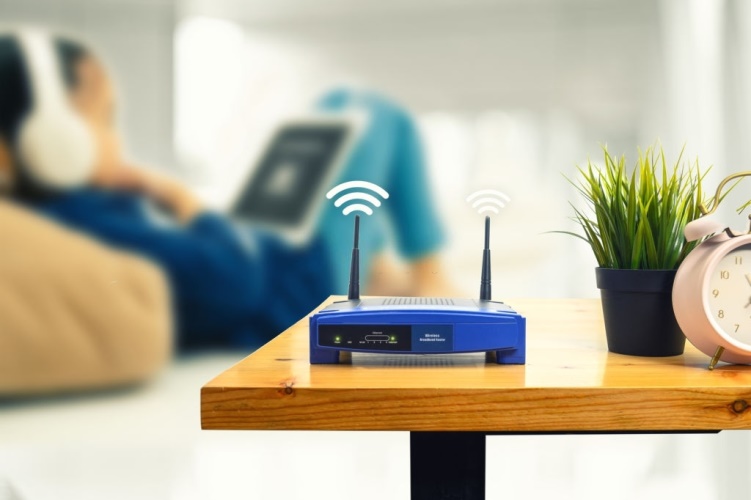Table of Contents
In the modern world, Wi-Fi is a necessity. Whether you’re at home or in an office, you need it to stay connected to your friends and family while still being productive. Enterprise Wi-Fi is a more advanced type of network that gives businesses some advantages over regular networks. This article will look at few things every business owner should know about enterprise Wi-Fi before making their next purchase decision. The network infrastructure design is essential for business owners to know before deciding on a Wi-Fi solution.
1. Enterprise Wi-Fi is not just for businesses
Despite the name, enterprise Wi-Fi can be used in any business or home. The word ‘enterprise’ is there because it’s made for larger-scale networks that have more users and devices than a typical network in your house or an SMB office. Enterprise access points are usually designed to cover large areas with multiple signals, giving you better coverage throughout your entire building rather than just one room at a time.
In addition, the optics networks used in enterprise apps are designed to handle more users and devices with less interference, giving you faster speeds.
2. Enterprise Wi-Fi is more secure and reliable
Every business wants to keep its data safe, and that’s where enterprise hardware comes in. There are several security features available with these devices, such as VPN pass-through (allowing users to access private networks safely), 802.11i/WPA Enterprise encryption protocols (ensuring your network traffic isn’t easily hacked), and RADIUS server integration (giving you an extra layer of protection against unauthorized use).
Of course, you can get all this on regular home routers, but it will require some technical know-how which could put off many small businesses. The network infrastructure management is also easier with enterprise Wi-Fi because you can monitor your entire network from one central location.

3. Enterprise Wi-Fi is more expensive
An enterprise access point can cost anywhere from $100 to over $1000 depending on the model you choose, whereas standard home routers are usually sold for under $50. Of course, remember that many businesses will need several access points if they want good coverage across their entire building – it’s not like a regular router where each unit covers one room at a time! You have to think about how much data your employees use and what kind of connection speeds they require before making any purchase decisions, as well as whether or not security features are essential to you. These things all affect price, so make sure you look into them carefully before committing to anything.
4. Enterprise Wi-Fi might be worth it in the long run
Depending on how complex your business is, you may find that enterprise hardware gives you many benefits over regular consumer devices. For example, if you have a lot of employees with different roles, then giving them all access to their virtual private network could save time and money compared to setting up individual accounts for each person!
Of course, there are also cost savings associated with not needing so many routers installed around the building – an expensive upfront investment can result in lower running costs over time. The network infrastructure services are also more streamlined in enterprise Wi-Fi networks, meaning the installation process will be more straightforward. You don’t need to worry about maintaining your hardware like with regular routers.
5. Enterprise Wi-Fi is the future
The technology behind enterprise access points has been around for years, but it’s still constantly changing. For example, some models now have built-in switches that allow you to plug your wired devices into them directly without needing any extra hardware! This can give business owners a lot of flexibility when designing their office space – they don’t need to worry about running cables across every room or hiring an IT technician if there are connectivity issues because all of this will be taken care of automatically by one lone router.
6. Enterprise Wi-Fi requires an IT specialist
While smaller businesses can install enterprise hardware themselves, you should never underestimate how complicated these setups can become. For example, if one person leaves the company, you need someone who has a good understanding of your network and knows where everything is connected to make any changes or adjustments – otherwise, your business could be left without internet access until the problem gets resolved. The passive network monitoring is another factor that can make enterprise hardware more complicated than regular routers, so it’s usually best to get an IT specialist involved if you have no prior experience.
Conclusion
Enterprise Wi-Fi is an investment that can save time and money in the long run if it’s done right. While equipment prices vary depending on what you need, many businesses find that they get a lot more than their initial outlay back once everything has been set up correctly!
